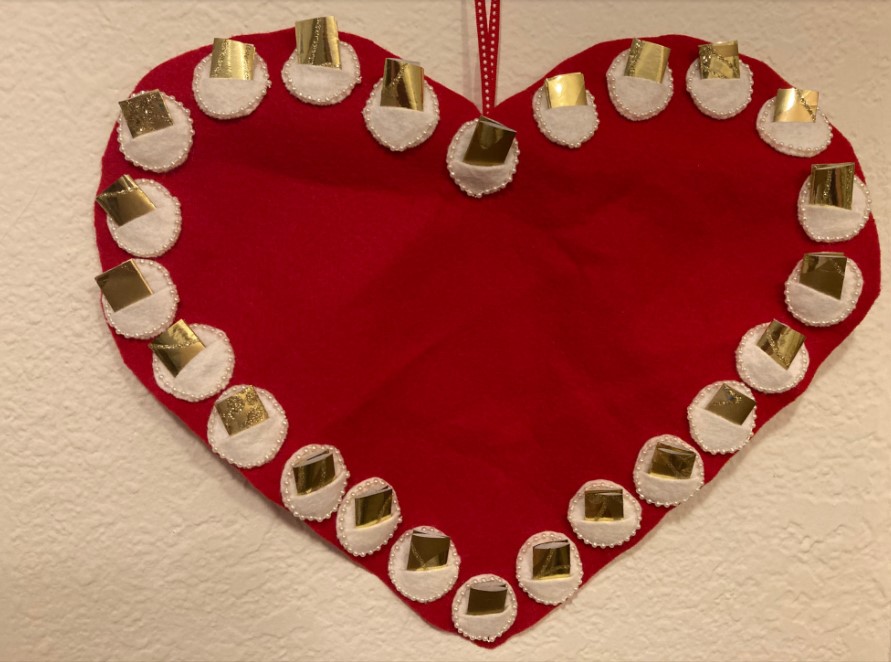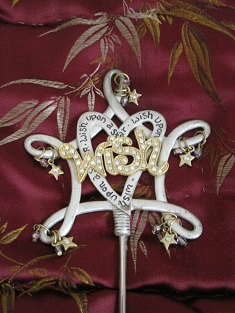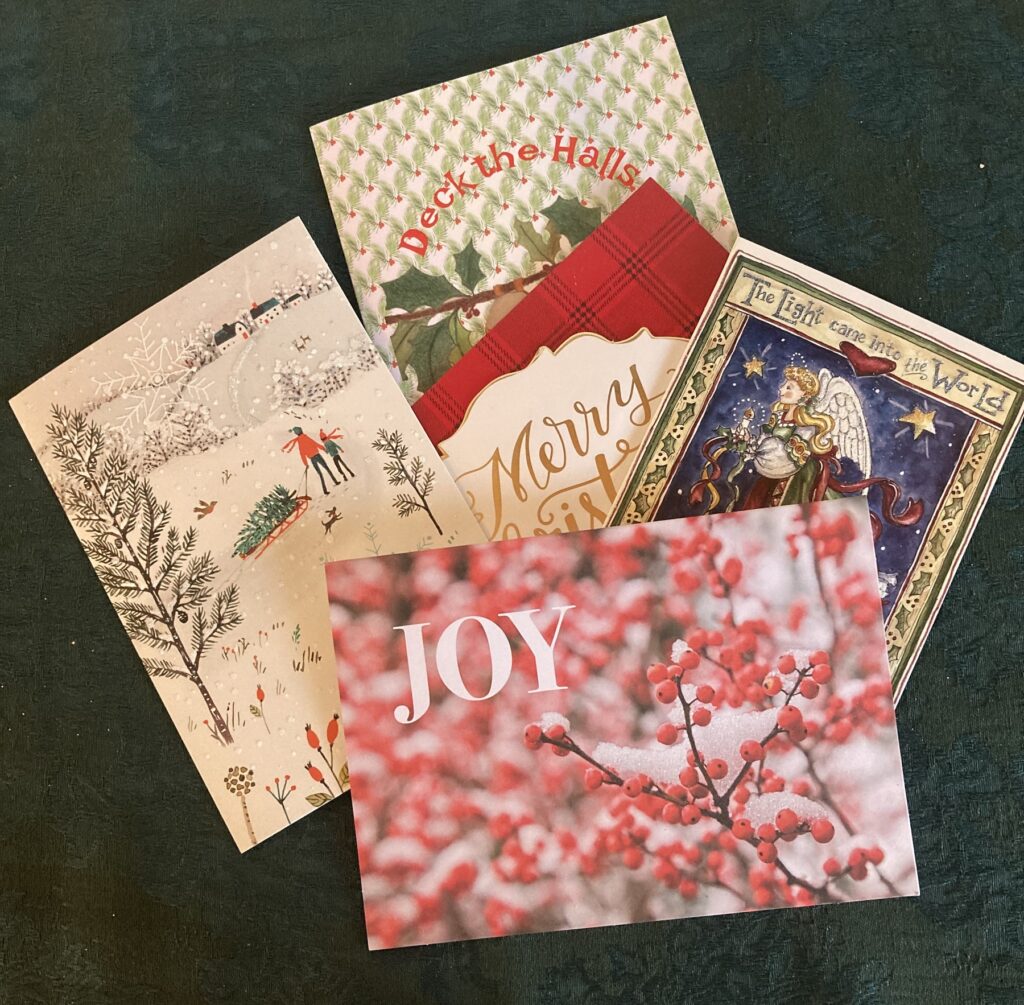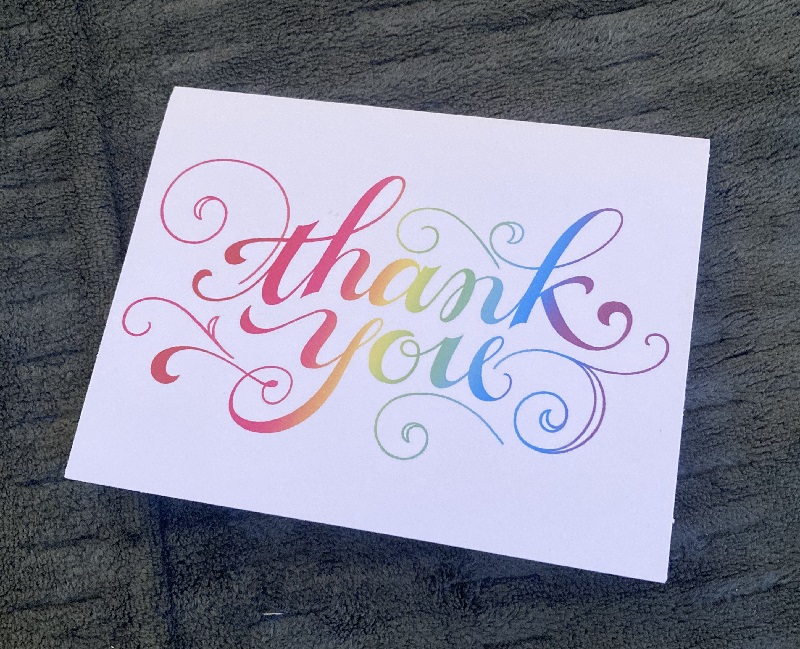Memorable writing that sparks imagination. Lean in. Hear the writer’s voice on the page.
One Shrug for Chocolate Chip and Two for Peanut Butter
By Robin Mills
Olive made her way slowly down the aisle. The Canyon Country Store was older than even her grandma. It had been there when the road that snaked up and over the hill from the valley side to the city side was just dirt. The floors creaked, oak rubbing oak.
When the 3:00 bell rang, most kids piled onto the stubby-nosed yellow bus, the small kind, not the long sleek yellow bus with rounded edges. There were not enough kids up in the canyon to warrant a big bus like that, so they got the small version. But Olive preferred to walk. It gave her a chance to look at things and even occasionally find something another walker had unknowingly dropped.
And when she got to the Canyon Country Store, she would usually just look at the doors with people going in and out. In, empty handed and out with a brown bag or two, full of food. She wished she could come out of the store with a brown bag of food. She also knew that would likely never happen.
But today, she let her curiosity get the better of her and pushed through the swinging glass door. To her left was the cash register and some friendly enough looking man as old as her dad standing behind it. “Afternoon”, he said, half lifting his hand in a wave.
She reciprocated with a half-lifted wave and wondered if he could see right through her and knew she didn’t have a cent to spend. But then convincing herself he knew nothing of the sort, she headed to the first aisle, straight ahead.
Boxes and boxes, cans and cans. Labeled in different colors announcing what they held. She let her hand lightly touch one, then the next, finally dragging her fingers along them like the keys of a piano.
At the end of the aisle was a shelf of cookies, each in its own see-through bag, sealed shut, staring up at her. They looked so good, she could see the sweet in them. The sign perched on the edge of the shelf told her she would never have the pleasure of tasting one, so she just imagined the first bite she would take of the soft, doughy, chocolate chip cookie, crumbs raining down on her chest.
“Do you think they are as good as they look?” The voice of the man as old as her dad said.
She didn’t know if she should nod or shake her head, so she just dropped her chin and her eyes towards the floor.
“Well they are. I love ‘em.”
She nodded, then waited, assuming the next thing he’d do would be to grab her arm and escort her out the glass door that had only recently swung open to let her in.
“Which one do you want? Chocolate chip or peanut butter?”
Olive shrugged.
“OK. One shrug for chocolate chip and two for peanut butter.”
She couldn’t contain her smile, and shrugged once.
“Here you go. Enjoy.” he said, extending his hand, palm up, with a beautifully plump chocolate chip cookie perched in the middle. She raised her eyes just enough to see, then plucked the see-through bag from his palm. He turned, headed down the aisle and slid in behind the cash register, as if he had never left.
She turned slowly and walked towards the door. He raised a half wave and smiled. She did the same. Then left.
Robin Mills lives in Petaluma and writes with Jumpstart. She has worked as an American Sign Language Interpreter for 40 years and when she is not doing that, she is an avid swimmer, hiker, and an artist. Her current mediums are photography, polymer clay and fused glass. If you ever need a distraction from the things you should be doing (and let’s be honest, who doesn’t) you can see her photography at TheRobinMills.com





